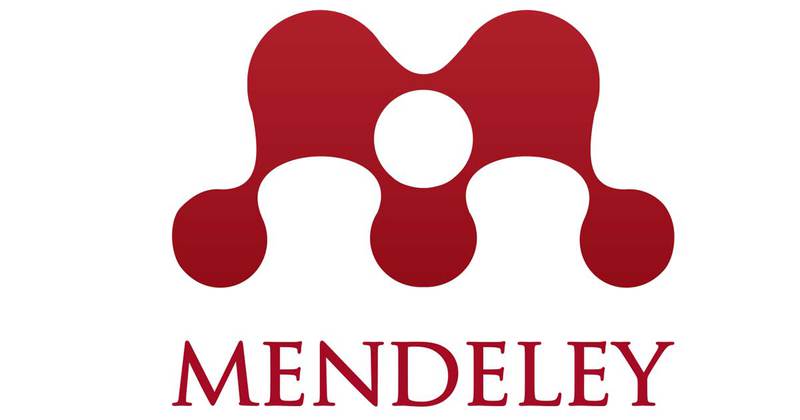The Efforts to improve Children's Expressive Language Ability through Picture Book Media (Big Book)
DOI:
https://doi.org/10.22219/jpa.v5i1.20717Keywords:
Early Childhood, Child Development, Picture BooksAbstract
The golden age or period for early childhood (0-6 years) is a period where children experience very rapid growth and development, which then at the age of 4-6 years is a period where they take formal education such as Kindergarten. This period is a good time to develop language skills, physical, emotional, social, discipline and all the abilities of the child. In addition, family also plays an important role in the development of the children’s potential and growth. One of the important aspects in the growth and development of children is language skills, as the language is a means of communication with parents, teachers, and peers who are their present social environment. Children at this age cannot be separated from their parents or family as the children initially learn language from adult examples. At an early age, problems often occur because sometimes children cannot speak clearly and firmly which is caused by the slow development of children in language due to the lack of stimulus provided. Therefore, this study aims to improve expressive language skills of early childhood through the media of the Picture Book (Big Book).
Downloads
References
Anggalia, A., & Karmila, M. (2017). Upaya Meningkatkan Kemampuan Bahasa Ekspresif Anak Dengan Menggunakan Media Boneka Tangan Muca. Jurnal Penelitian Paudia, 133-159.
Ari, D. R. (2017). Peningkatan kemampuan bahasa ekspresif anak usia 5-6 tahun melalui metode outbond di TK Kemala Bhayangkari Kecamatan Ngawen Kabupaten Blora. Skripsi, 21-26.
Cahaya. (2017). Metode VAT untuk meningkatkan kemampuan berbahasa ekspresif tunarungu di Kabupaten Gowa. Jurnal Psikologi Pendidikan & Konseling. 3(1), 162-169. p-ISSN : 2443-2202. e-ISSN : 2477-2518.
Fitriani, D., Fajriah , H., & Rahmita, W. (2019). Media belajar big book dalam mengembangkan kemampuan berbahasa reseptif anak usia dini.
Jurnal Obsesi : Jurnal Pendidikan Anak Usia Dini, 4(1), 237-246.
Gunarti, W. (2010). Metode pengembangan kemampuan dan perilaku anak usia dini. Jakarta: Depdiknas.
Indah, R. N. (2017). Gangguan berbahasa. Malang: UIN-Maliki Press.
Jafar, F. S., & Satriana, M. (2018). Penerapan model pembelajaran sentra dalam pengembangan kecerdasan bahasa ekspresif anak usia dini.
Jurnal Psikologi Talenta. 4(1), 52-58. p-ISSN : 2460-8750 e-ISSN : 2615-1731.
Jamaris, M. (2013). Perkembangan dan pengembangan anak usia taman kanak-kanak. Jakarta: Grasindo.
Madyawati, L. (2016). Strategi pengembangan bahasa pada anak. Jakarta:
Prenadamedia Group.
Murhanjati, J. A., Sumijati, S., & Primastuti, E. (2017). Efek penerapan terapi core vocabulary terhadap peningkatan kemampuan pengucapan kata pada anak dengan speech sound disorder. Prosiding Temu Ilmiah X Ikatan Psikologi Perkembangan Indonesia. ISBN: 978-602-1145-49-4, 20-35.
Santrock, J. W. (2012). Life Span Development Perkembangan Masa Hidup Edisi Ketigabelas . Jakarta: Erlangga.
Susanto, A. (2012). Perkembangan anak usia dini pengantar dalam berbagai aspeknya. Jakarta: Kencana Prenada Media Grub.
Zubaidah, E. (2017). Draft Buku Pengembangan Bahasa Anak Usia Dini.
Yogyakarta: Universitas Negeri Yogyakarta.
Downloads
Published
How to Cite
Issue
Section
License
Copyright (c) 2022 Oktaviana Wulandari, Retno Firdiyanti, Rahmita Laily

This work is licensed under a Creative Commons Attribution-ShareAlike 4.0 International License.
Authors who publish with Jurnal Perempuan dan Anak (JPA) agree to the following terms:
- For all articles published in Jurnal Perempuan dan Anak (JPA), copyright is retained by the authors. Authors give permission to the publisher to announce the work with conditions. When the manuscript is accepted for publication, the authors agree to automatic transfer of the publishing right to the publisher.
- Authors retain copyright and grant the journal right of first publication with the work simultaneously licensed under a Creative Commons Attribution-ShareAlike 4.0 International License that allows others to share the work with an acknowledgment of the work's authorship and initial publication in this journal.
- Authors are able to enter into separate, additional contractual arrangements for the non-exclusive distribution of the journal's published version of the work (e.g., post it to an institutional repository or publish it in a book), with an acknowledgment of its initial publication in this journal.
- Authors are permitted and encouraged to post their work online (e.g., in institutional repositories or on their website) prior to and during the submission process, as it can lead to productive exchanges, as well as earlier and greater citation of published wor (See The Effect of Open Access).
This work is licensed under a Creative Commons Attribution-ShareAlike 4.0 International License








